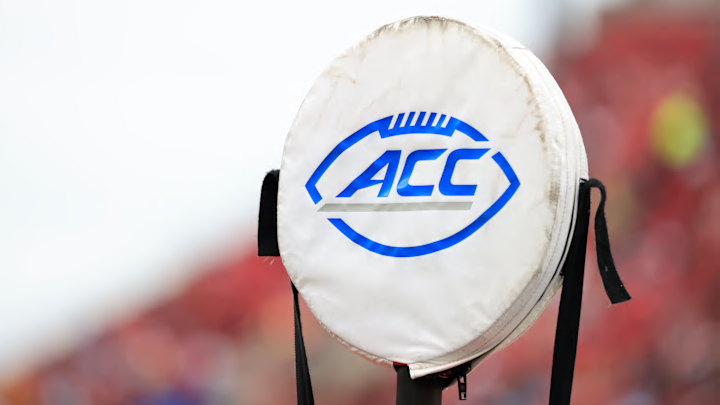Pittsburgh Panthers: The Days of Dorsett and Marino(1973-1983)
Pitt won four National Championships before this era started. Their first came in 1910 under head coach Joseph Thompson. Pitt took home two more in 1916 and 1918 under Pop Warner. Then, Jock Sutherland earned the fourth National Championship in 1937 after leading the Panthers to four Rose Bowl berths. Those years are so far gone though and they have been pushed to the side because of this run. This was Pitt football at it's peak during modern times.
After the end of the 1972 season, Pittsburgh football was in a dark place. From 1957 to 1972, Pitt had a total of twelve losing seasons, including nine consecutive losing years from 1964 to 1972. Then things changed when Johnny Majors left Iowa State to take the job at Pitt after Carl DePasqua got dismissed. Immediately, Pitt started to evolve into a force once again. In 1973, the Panthers completed the biggest single-season turnaround the program experienced since 1948. Pitt went from winning one game in '72 to six games in '73.
That squad made it to that year's Fiesta Bowl. This marked the first time Pitt would reach the postseason since 1956. By 1975, Pittsburgh became a force to be reckoned with. They went 8-4 that year with a victory in the Sun Bowl over Kansas. As a result, the Panthers ended the year ranked at #15, which was their first time ending a season ranked since 1963. The 1976 season, would be even better for the school.
In what would prove to be Johnny Majors' last year at Pitt, the Panthers would end up going undefeated through the regular season. Through the eleven-game set, Pittsburgh destroyed their competition, winning by an average of 20.4 points per game. Their perfect regular season also included blowout wins over #11 Notre Dame and #16 Penn State. Then, in the Sugar Bowl against #5 Georgia, the top-ranked Panthers would clinch the school's fifth National Championship. Tony Dorsett would rush for 202 yards and a touchdown on 32 carries and this helped him earn the 1976 Heisman Trophy.
In 1977, Jackie Sherrill took Majors' place after he left for his most notable job in Tennessee. Sherrill continued the success that was established as in his first year, Pitt went 9-2-1 with a win in the Gator Bowl, good enough to end the year ranked 8th. In 1979, Dan Marino arrived and Pitt started a streak of three consecutive, eleven-win seasons. That year, the Panthers took down Arizona in the Fiesta Bowl. In 1980, they blew out South Carolina for a win in the Gator Bowl. However, most likely due to a loss against #11 Florida State in early October, couldn't rank higher than second in the final AP poll, denying them a chance at another national title.
In 1981, Pittsburgh did become the #1 team in the country in early November and was in a prime position to still be #1 before the bowl season. However, in the final regular season game at home, Pitt got smoked by #11 Penn State. Pitt dropped to 10th and their chances of winning the title that year went up in smoke. Pitt still got passed Georgia in the Sugar Bowl and finished 4th in the poll. In 1982, Foge Fazio stepped in as head coach and Pitt continued the consistent winning.
They started the season at the #1 spot and seemed to be in the running once again for a title. But on the first week of November, those chances once again, diminished after an upset loss to Notre Dame. Ranked 5th in the last week of the regular season, they would get beat by #2 Penn State by a 19-10 score. The Panthers would make the Cotton Bowl but were defeated in a 7-3 struggle against SMU. In 1983, Marino left for the NFL and Pitt struggled.
While Pittsburgh did finish 1983 with a solid 8-3-1 record, they didn't start the season ranked and suffered an upset loss to unranked Maryland in late September. Fazio's crew would play in another Fiesta Bowl but would come up short in a loss to Ohio State. After '83, the wheels would fall off the wagon and Pittsburgh would only play in three more bowl games throughout the rest of the 20th century. However, with six finishes in the top 10, along with a National Championship and a Heisman winner, it's hard to debate that this isn't the greatest era in Pittsburgh Panthers football.
